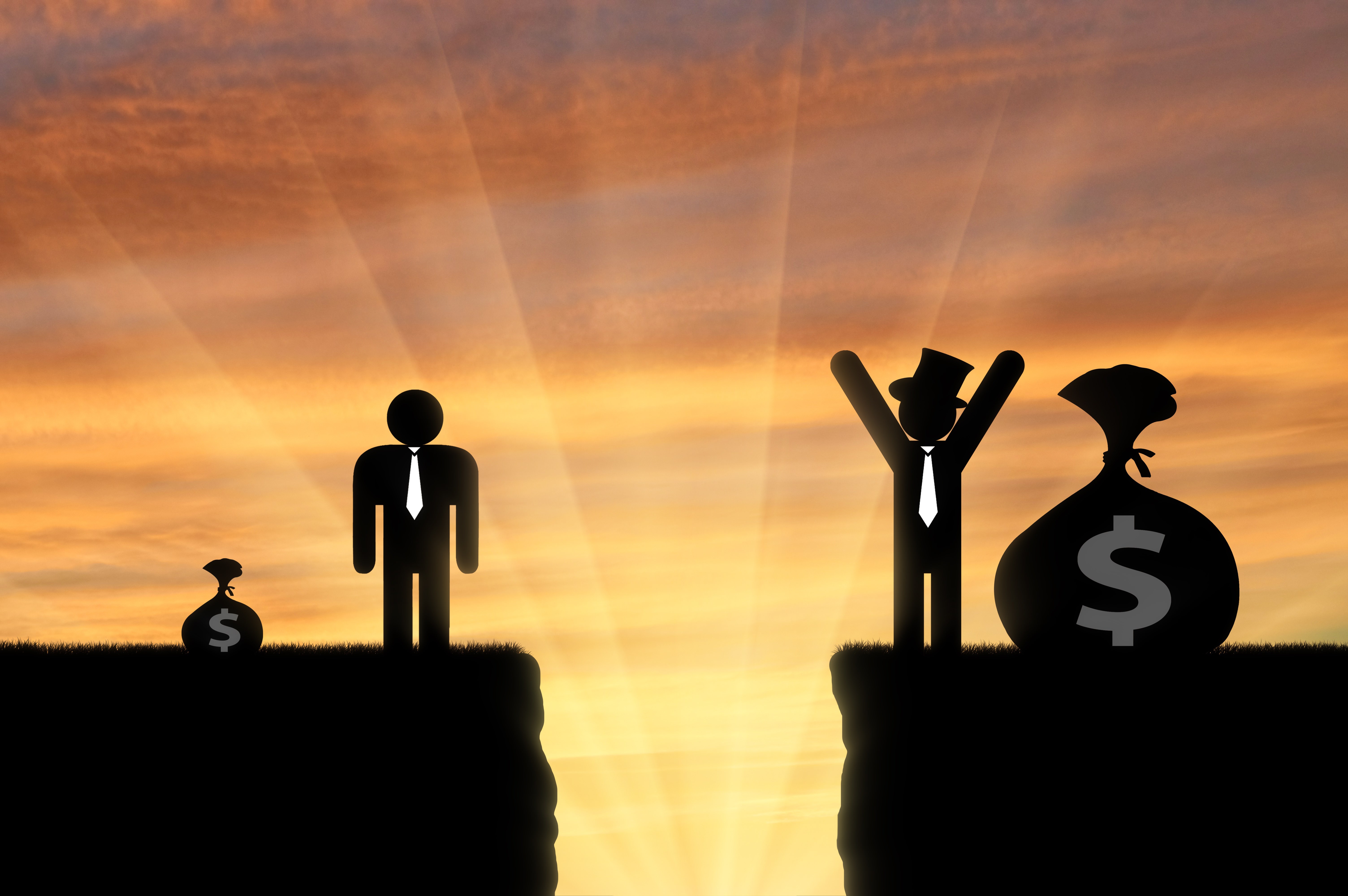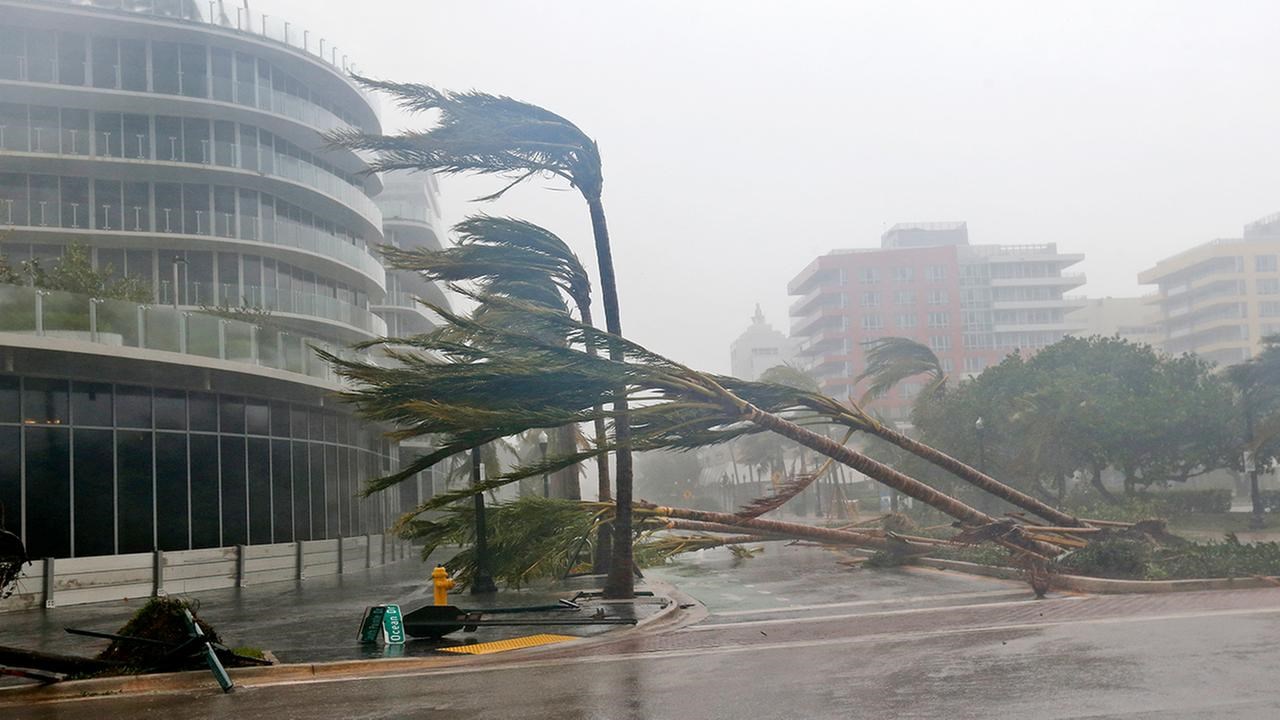In a previous column, I noted that the typical audience reaction to my talks about the improving state of the world is not joy and thankfulness for the progress that humanity is making in tackling age-old problems such as infant mortality, malnutrition, and illiteracy. Rather, it is the concern about the exhaustion of natural resources and the supposedly irreparable harm that humanity is causing to the environment.
Apocalyptic warnings about the end of the world as we know it are as old as humanity itself, but recent news should give the doomsayers some food for thought and lower the temperature, so to speak, in the debate about global warming and its future effects on the planet.
The Models Were Wrong
In a new study that was published in the journal Nature Geoscience, leading climate scientists have adjusted their previous predictions about global warming and stated that the worst impacts of climate change are still avoidable. Professor Michael Grubb, an international energy and climate change scientist at University College London, said that previous scientific estimates were incorrect because they were based on computer models that were running “on the hot side.”
According to the new estimates, the world is more likely than previously thought to achieve the main goal of the 2015 Paris agreement and limit global warming to only 1.5°C higher than was the case in the pre-industrial era. Only two years ago, many scientists dismissed the 1.5°C goal as too optimistic and Professor Grubb went as far to say that “all the evidence from the past 15 years leads me to conclude that actually delivering 1.5°C” is unattainable.
While it is true that the average global temperature is 0.9°C higher than in the pre-industrial era, the scientists now admit that there was a slowdown in warming in the 15 years prior to 2014 – a slowdown that the models did not predict or account for. Professor Myles Allen, another one of the study’s authors, said “We haven’t seen that rapid acceleration in warming after 2000 that we see in the models. We haven’t seen that in the observations.”
What has changed in the model forecasts since the Paris summit in 2015? The data showing that the climate models are running “on the hot side” has been available for years. In 2015, my colleagues Patrick Michaels and Chip Knappenberger noted that climate models have been overestimating the rate of warming for decades. In 2016, John Christy from the University of Alabama in Huntsville testified before the US Congress that the climate models were inaccurate. For their trouble, all three have been labeled “climate change deniers.”
The Nature Geoscience study suggests that humanity has more time to transition away from fossil fuels. Should it? That’s debatable, argues William Nordhaus, a professor of economics at Yale University, and his coauthor Andrew Moffatt, in a recently released paper for the National Bureau of Economic Research. The paper combines econometric and climate models to estimate the future impact of global warming on worldwide income.
The Laws of Economics Still Apply
By studying 36 estimates of the costs of global warming, the pair predicts that 3°C warming will reduce global income by 2.04 percent and 6°C warming will reduce global income by 8.16 percent by 2100. Nordhaus and Moffatt’s estimates parallel the broad consensus. For example, the IPCC in their Fourth Report estimated that global “mean losses could be 1 to 5 percent of GDP for 4°C of warming”.
As Ronald Bailey of Reason magazine calculates, current global average income per capita is about $10,000. If the world grows at 3 percent per year over the next 80 years or so, global average income per capita will rise to $97,000. According to Nordhaus and Moffatt’s estimations, therefore, an increase in global temperature by 3°C would reduce global average income per capita by $2,000 to $95,000. A 6°C increase in global temperature would reduce global average income per capita by $8,000 to $89,000.
“We have a predicament,” Bailey concludes. “How much are we willing to spend in order to make those living in 2100, who will likely be at least nine times richer than us today, $2,000 better off?”
That is not a purely academic question. Thanks to the concerns over global warming, governments throughout the world have been busy imposing serious additional costs on economic development and reducing real living standards of ordinary people so as to facilitate the fastest possible transition away from fossil fuels. The above studies add to the complexity surrounding the subject of global warming and human response to it. They also strengthen the case of those who argue that any such transition should be driven by technological change, not government mandates.
Reprinted from CapX
Marian L. Tupy is the editor of HumanProgress.org and a senior policy analyst at the Center for Global Liberty and Prosperity.
This article was originally published on FEE.org. Read the original article.


